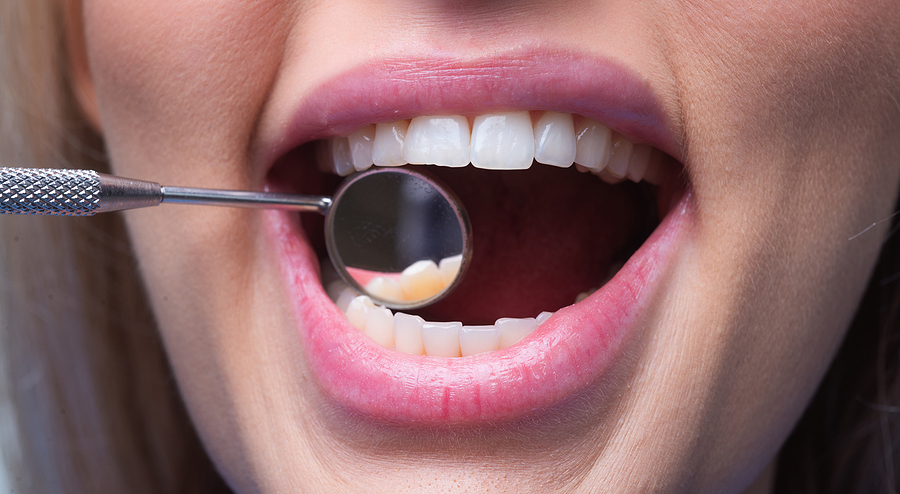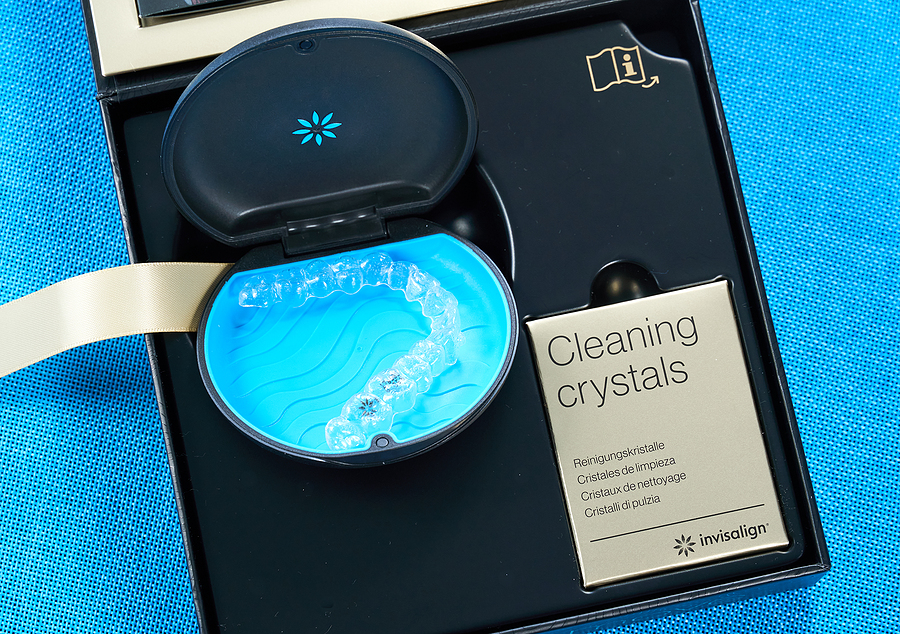Posted by Justin Le, D.D.S. on Feb 18 2021, 06:35 AM
Dental extractions are one of the simplest and most essential procedures, which involve the completed removal of a tooth from its socket. Many patients would be worried about their dental concerns, fearing that their tooth may be extracted. Although we consider every possible treatment method to save your natural teeth, we may have to perform the extraction as a last resort option to protect your oral health.
When you visit our dental practice to get your oral condition treated, a thorough diagnosis will be conducted to understand the severity of the concern. The dentist may take scans and oral x-rays to get a better view of the underlying tissues. Basis the data obtained, we will determine your candidacy for an extraction. In most cases, we will try to restore the tooth using medication and ceramic dental restorations. But, if the tooth poses a risk to the adjoining teeth or surrounding tissues, we will have to remove it completely.
Teeth that are cracked, chipped, or broken due to external trauma can pose a serious risk of developing oral infections. In fact, the microbes in the mouth can enter the root canal cavity and infect the dental pulp, which would be quite a painful and distressing condition. We will consider the use of dental crowns and veneers to restore the damaged teeth. But, if they are severely damaged and can’t be restored at all, we will extract them to save you from a whole lot of pain and discomfort.
Wisdom teeth are often the last set of teeth to erupt and are located at the back of the dental ridges. They sometimes tend to get stuck in the jawbone socket just while emerging, which can be attributed to a smaller socket size, large tooth size, the adjoining teeth coming in contact with the wisdom teeth, etc. The best way to treat impacted wisdom teeth is by removing them completely from the mouth, which otherwise can lead to damage of the jawbone, adjoining teeth, risk of infection, and severe pain.
When you visit the dentist to get your malocclusion treated, they may either suggest dental braces or clear aligners such as Invisalign. No matter which type of orthodontic aligners you choose, the dentist would have to remove your teeth from either side of the jaw to make space for the existing teeth to move. Also, in the case of extreme crowding, the dentist may suggest removing teeth to allow the remaining ones to be spaced evenly.
Cavities are one of the most commonly seen conditions that lead to tooth extraction. The microbes in the mouth can release acids that erode the enamel, which exposes the underlying dentin to toxins. When cavities are left untreated for a long duration, they could grow deeper and wider, eventually reaching the dental pulp and causing a root canal infection. Although we try to save such a tooth using root canal therapy, we may have to remove it entirely to save the adjoining teeth and underlying jawbone from damage.
The dentist will conduct a brief diagnosis of your health state before carrying out the extraction. Local anesthesia will be administered to numb the tooth, surrounding gums, and jawbone, as the procedure could be painful. Once the drug has taken effect, the dentist will grip the tooth using dental forceps, shake it firmly, and remove it in one motion from the mouth. A piece of gauze and a cold pack may be provided to reduce bleeding and pain, after which suitable aftercare instructions will be provided.
You may schedule a consultation with our team of dental experts by calling us at (408) 370-0101 or reaching us through an online query. We’re always happy to help.

How Dental Implants Help Restore Proper Chewing and Speech

The Impact of Dental Implants on Jawbone Health & Facial Structure

General Dental Care in San Jose, CA: How to Maintain a Healthy Smile Year-Round

Restoring Smiles: Everything You Need to Know About Partial and Full Dentures

Transform Your Smile with an Invisalign Dentist in San Jose, CA
Phone: (408) 370-0101
Email: info@elpaseodental.com
Fax: 408-370-3254
Phone: (510) 750-1654
Email: info@advantafamilydental.com
Fax: 510-940-8526